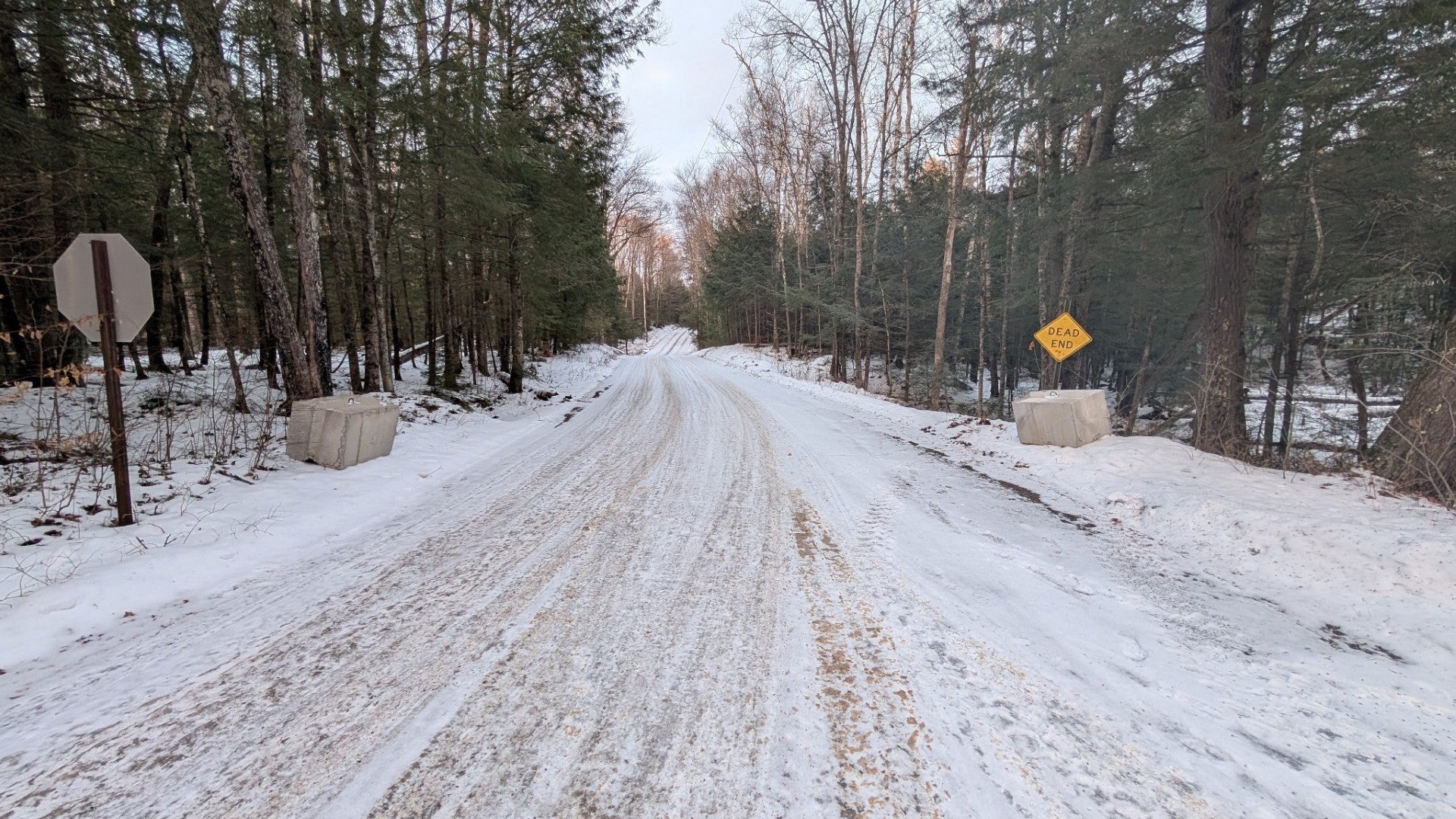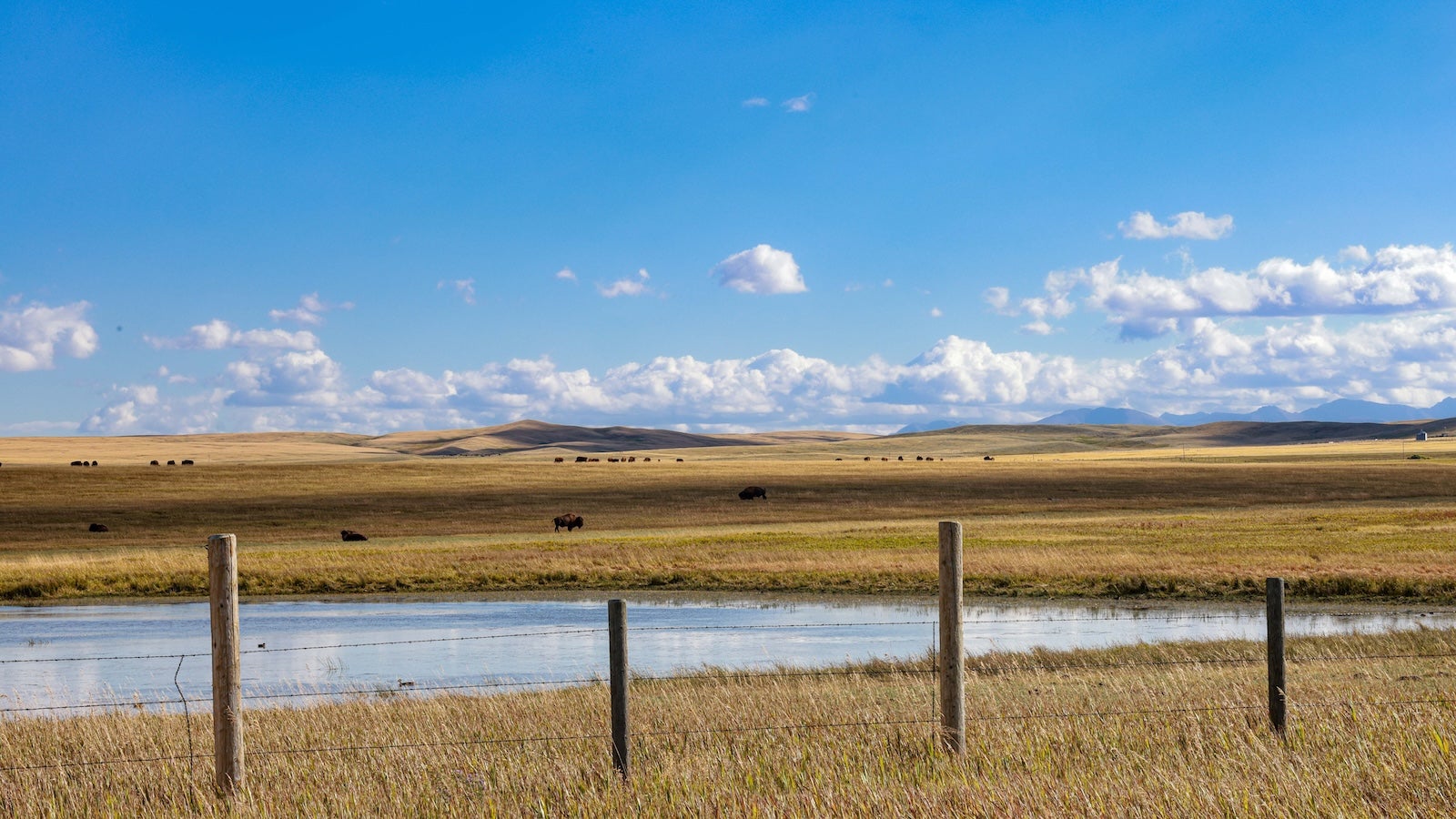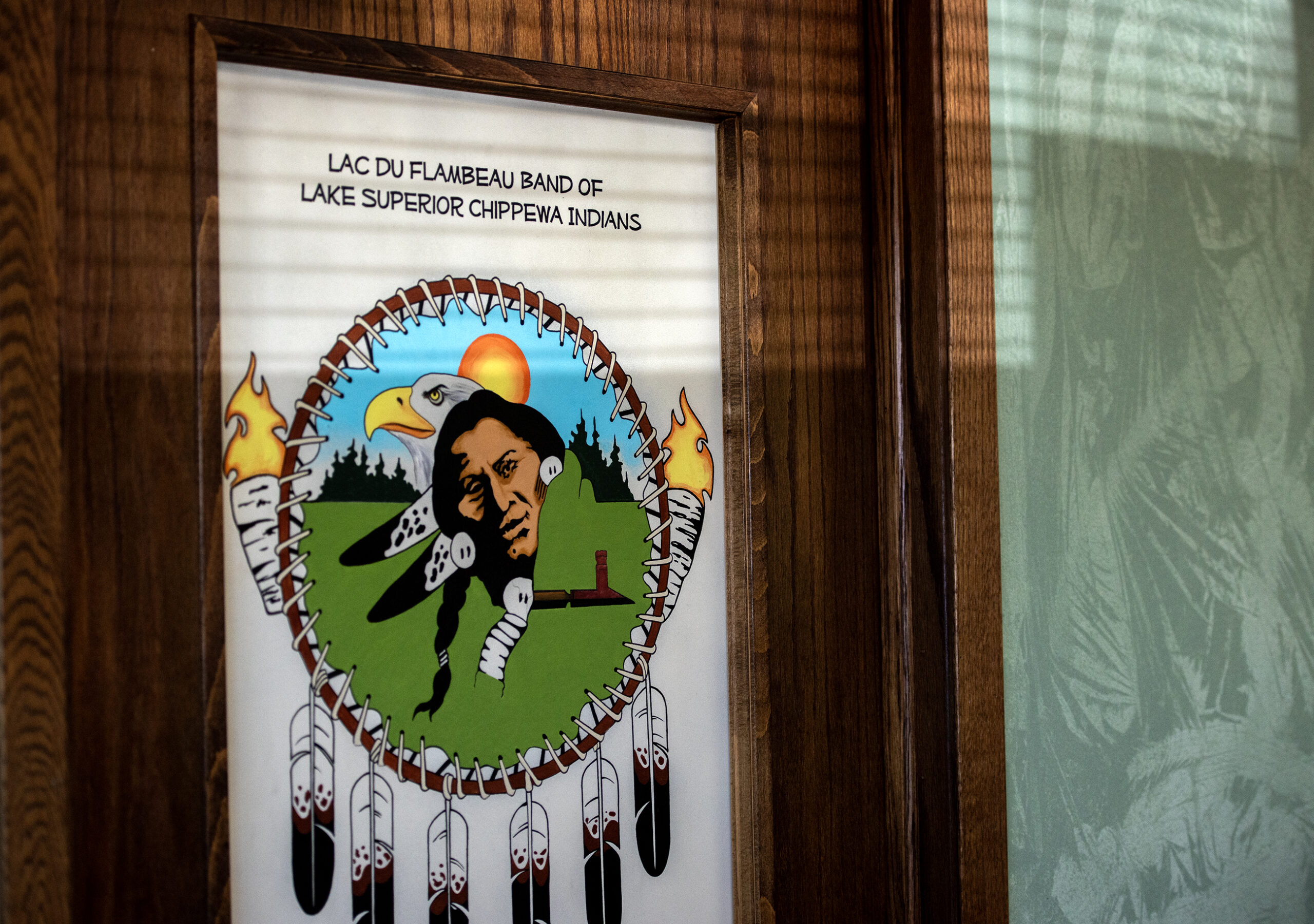The next two-year state budget includes $3.6 million in aid for northern Wisconsin counties that lost revenue after a court ruling barred state taxation of tribal properties on some reservation lands.
While Democratic Gov. Tony Evers approved the payments, he also used his partial veto pen to remove Republican-authored restrictions on those funds. That’s prompted frustration from GOP state lawmakers who fear the move may drive some residents from their homes.
The Legislature’s GOP-controlled Joint Committee on Finance had approved a motion to set aside $3.6 million in tribal gaming revenues for Ashland, Bayfield, Iron, Sawyer and Vilas counties. The counties could draw from those funds to offset the loss of property tax revenues after a federal appeals court ruling last summer. Those requests will be subject to approval by the finance committee.
Stay informed on the latest news
Sign up for WPR’s email newsletter.
The court decision resulted from a 2018 lawsuit brought by the Red Cliff, Bad River, Lac du Flambeau and Lac Courte Oreilles tribes. They argued the 1854 treaty that set aside their reservations gave tribal members immunity from state taxation for all time. The state had argued it could tax tribal properties if they had previously fallen out of tribal ownership, surrendering that immunity. While the ruling upheld tribal sovereignty, it also means fewer residents are now paying taxes in affected communities. In Ashland County, taxes more than doubled for nontribal residents in the town of Sanborn.
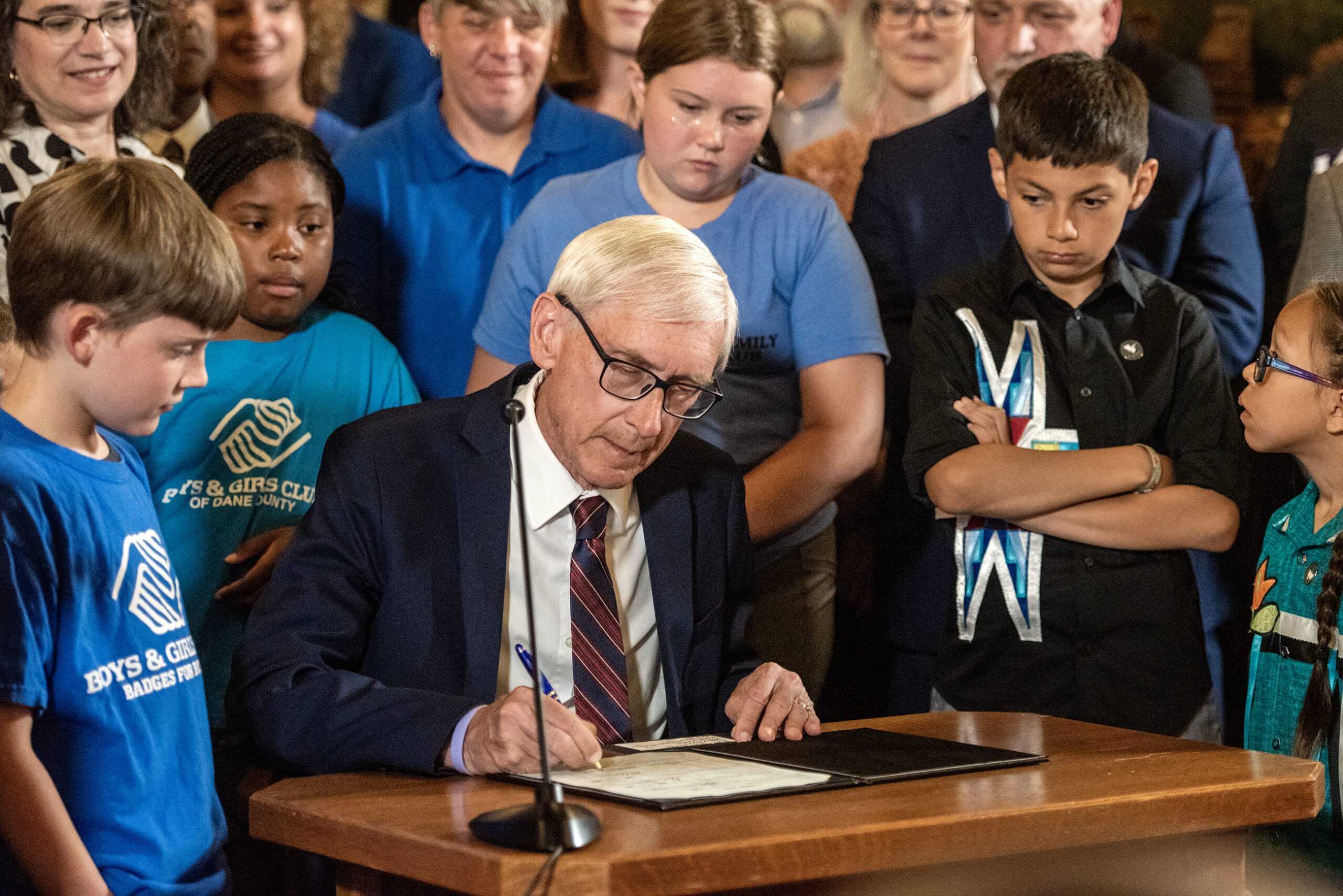
While Evers signed off on aid payments, the governor eliminated restrictions that would have directed money only to counties.
“I object to excluding municipalities impacted by the federal court decision from the opportunity to receive aid payments,” Evers wrote in his veto message. “I have heard from local elected officials who are impacted by this court decision, and I believe it is important to maintain flexibility as we continue conversations with local stakeholders on the best way to address both local needs and the impact on property taxpayers.”
The governor also removed language that would have allowed the funding to sunset on July 1, 2025. Evers said that would potentially allow payments to continue beyond the next two-year budget.
He also removed provisions that would have limited the town of Sanborn’s ability to raise property taxes, borrow money or charge the county and schools for refunds it owes to tribal residents who were forced to pay taxes.
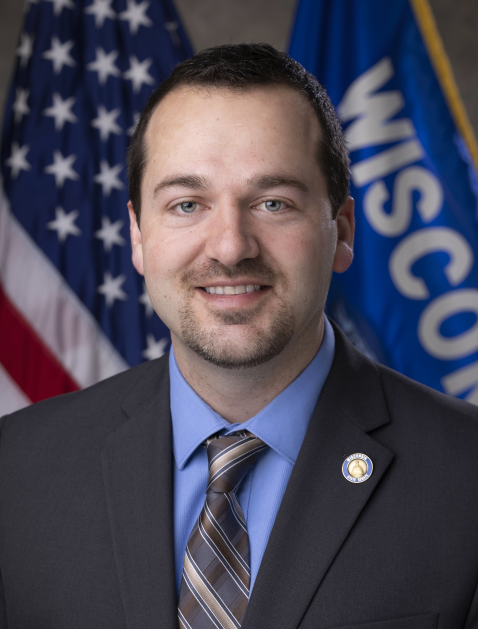
Photo courtesy of Sen. Quinn’s office
Sen. Romaine Quinn, R-Cameron, said he authored the budget motion passed by the state’s budget-writing committee. He said lifting those restrictions means that nontribal residents in the town could possibly lose their homes if they can’t afford to pay their taxes.
“We wanted to create some kind of certainty, so the taxpayers can afford to stay, the town can afford to function, and there’s some continuity,” Quinn said. “And, now, that’s out the window.”
After the court ruling, towns like Sanborn that include reservation lands were required to remove tribal properties that were once owned by nontribal members from their tax rolls. Sanborn is unique in that it lies entirely within the Bad River reservation. The town lost around 85 percent of the taxable property in the community of nearly 1,400 residents. That meant the remaining 15 percent of property owners had to pay the town’s levy.
Evers said he shared concerns about the effects on local property taxpayers, but he added that limiting local control would hamper the town’s ability to address its “unique fiscal circumstances.”
Ashland County Administrator Dan Grady said nontribal residents in the town are livid about the changes to aid payments.
“They’re upset that there’s no resolution,” Grady said. “We’re just hoping that the state Legislature and the governor come to a resolution to solve the problem that makes everybody whole, and it’s fair to everybody.”
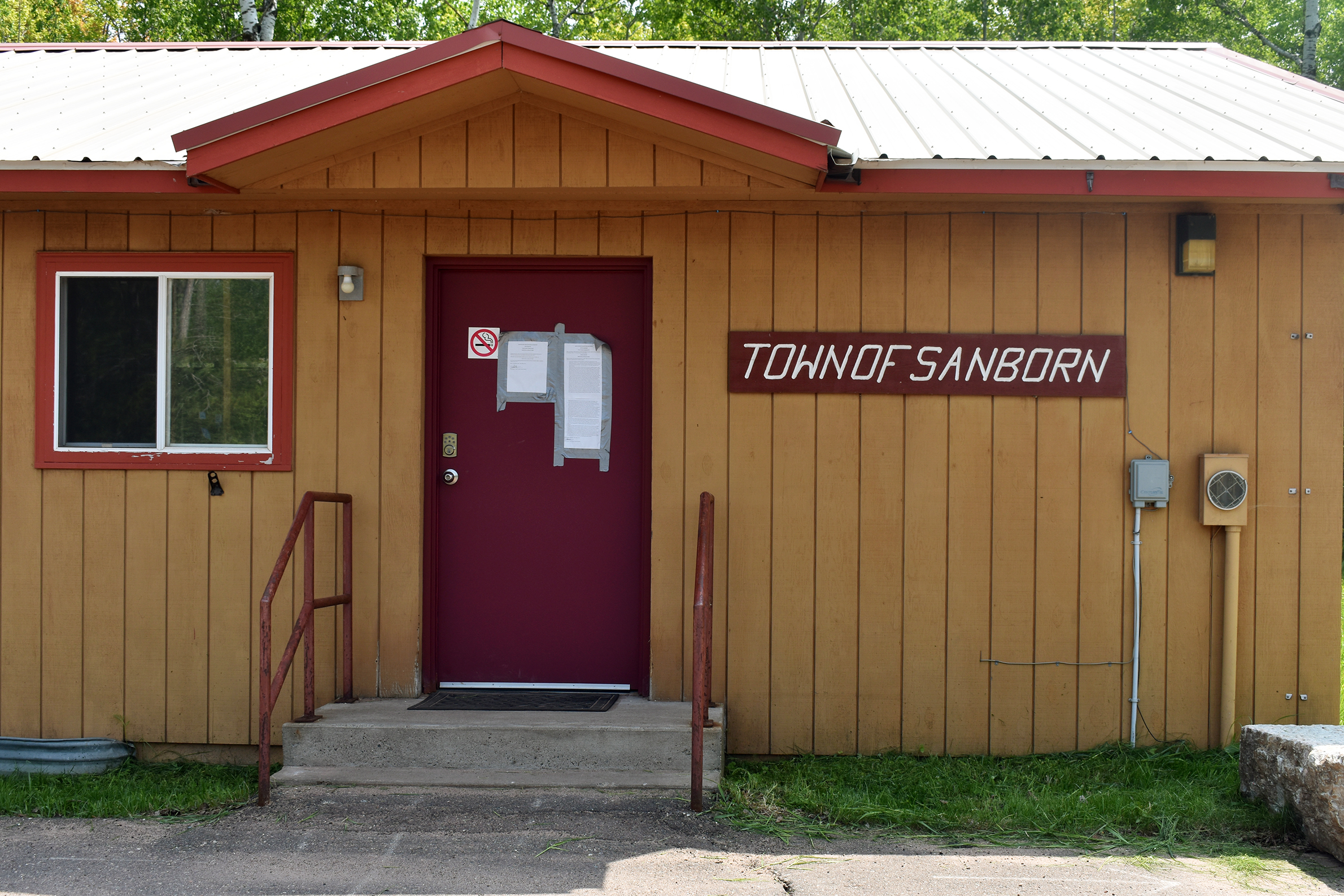
Even so, Grady said he’s relieved that aid was included in the budget. He said the county lost about $1.8 million in revenue after some tribal members withheld tax payments while the tribes’ lawsuit was pending. Although, he said it’s now possible the town of Sanborn could charge the county for a portion of revenue it received from taxing tribal residents to help pay for a refund. A spokesperson with the state Department of Revenue said the town has not yet submitted a request for a chargeback of funds.
Sanborn is seeking a roughly $610,000 loan from the Board of Commissioners of Public Lands to help finance refunds for around 40 tribal members who sued the town for taxes they paid. Tom German, the board’s executive secretary, said commissioners are set to consider the town’s application for a loan on Tuesday, July 18. The town’s chair Luis Salas didn’t respond to a request for comment Thursday.
Bayfield County lost about $400,000, according to Mark Abeles-Allison, the county’s administrator. After the court decision, counties could no longer recoup those funds since the court found the state couldn’t tax those properties.
“We’re optimistic that we’ll be able to be reimbursed for those funds,” Abeles-Allison said of the aid payments.
While affected communities could also seek aid under the governor’s changes, some tribal members like Sanborn resident Sandy Deragon take issue with the source of revenue that the state is using to provide payments. Gaming revenues are split between the state and tribes, who use the money to support tribal programs.
“It’s kind of ironic. It’s like we’re paying ourselves back for what was illegally taken from us by the state,” Deragon said.
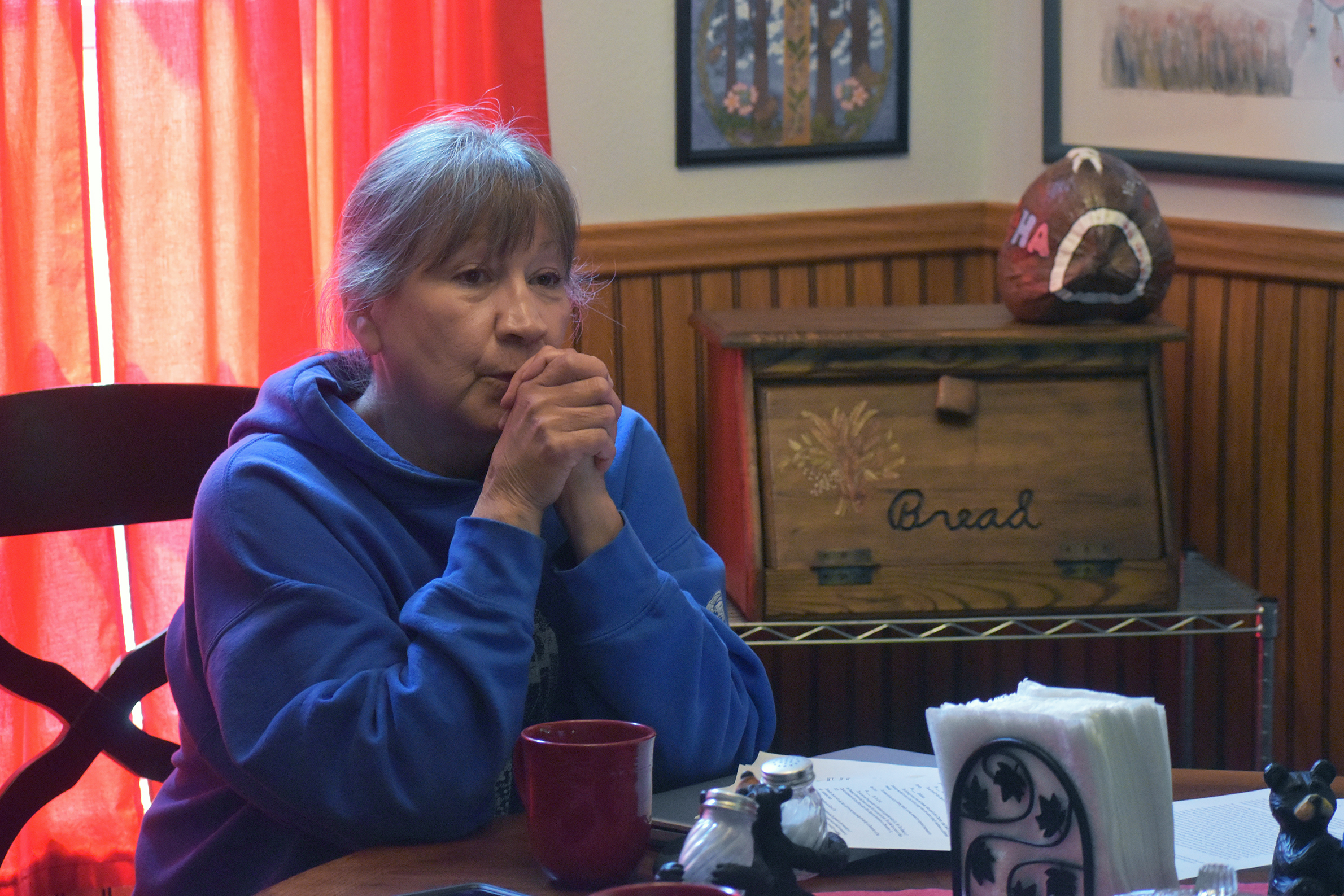
Danielle Kaeding/WPR
Quinn said lawmakers plan to pursue a separate bill that will include provisions that Evers eliminated from the budget. He said they also need to address people who are removing themselves from the tax rolls by adding tribal members to their tax deed, which transfers ownership of the property if an owner fails to pay taxes.
The Wisconsin Department of Revenue states any amount of ownership by one of the four tribes or one of its members exempts that land from Wisconsin’s property tax. In theory, that could mean a nontribal resident who transfers a 1 percent portion of their land to a member of a tribe could avoid paying taxes on the whole property.
“We’ve got not only a problem today, but a problem that will continue to grow as people remove themselves continually off the tax rolls,” Quinn said. “So new legislation, I envision, will address that issue, (and it) will address the issue that I tried to fix in the budget. And then of course, it will be tied to funding for the counties that have also basically taken it in the shorts over these last five to six years.”
Legislation to restore provisions eliminated from the budget faces an all but certain veto from Evers. Meanwhile, Deragon said the Bad River tribe is still pursuing a proposal to tax nontribal residents on the reservation. If passed, she said those who want to live within the reservation will have to pay their fair share to the state and the tribe.
“The good old boys are still playing their game. They still think that they can change a treaty at a county level,” Deragon said. “They should just honor that treaty now.”
Wisconsin Public Radio, © Copyright 2025, Board of Regents of the University of Wisconsin System and Wisconsin Educational Communications Board.

